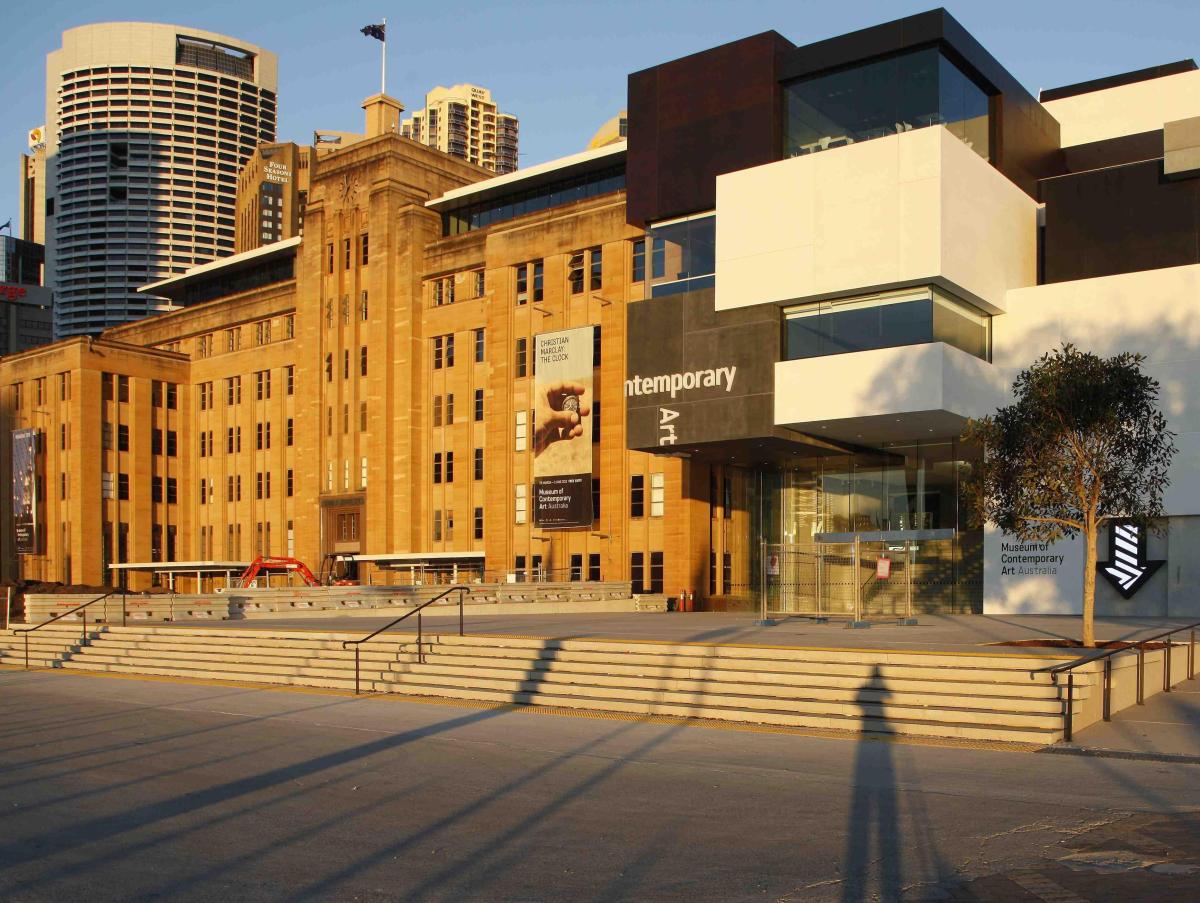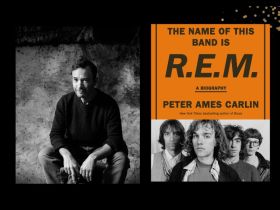Image: The Museum of Contemporary Art, Australia. Supplied.
It is good practice for any business – whether arts or otherwise – to have more than one source of income.
With Australian arts organisations facing diminishing funds from government sources, finding alternative streams of revenue is essential, whether it be through philanthropy, partnerships, sponsorships or crowd funding.
It is fitting then, that the upcoming Culture Business conference, held in Australia for the first time, is titled The Art of Fundraising. International speakers will include representatives from the Southbank Centre in London; Los Angeles County Museum of Art, The J. Paul Getty Museum, Los Angeles, and Paris Philharmonic – organisations leading the field when it comes to raising revenue.
Organised by Paris based arts agency Agenda Communication, the drive behind the theme for Culture Business is based on feedback from the successful Communicating the Museum conference in 2014, which heard that Australian audiences want to learn more about funding for the arts.
With Creative Partnerships Australia as principal sponsors, the expert-led conference will run 22–23 March in Sydney at the Museum of Contemporary Art Australia and Sydney Living Museums. More than 200 local, national and international arts professionals are expected to attend.
The program includes a deliberately broad range of topics relating to the theme of fundraising in the arts – including philanthropy, corporate sponsorships and partnerships and crowd funding. The whole arts spectrum from visual to performing arts will also be covered.
Speakers from Europe, America and Australia will be discussing their experiences working in the field and a diverse mix of international case studies will be explored through panel discussions and lectures. The intention is to involve as many people as possible with practical experience in development, fundraising and sponsorship.
One of the keynote speakers is UK based Chris Denton who has worked for leading international organisations over the past 25 years developing new business plans, marketing and brand strategies.
Currently Director of Marketing, Communications and Digital Strategy at the Southbank Centre in London, Denton will discuss how the Southbank Centre – a 60-year-old organisation that was pigeon-holed as a classical concert hall – reinvented itself amidst diminishing state funding to become the third most visited attraction in the UK. Denton will illustrate how essential is it to be open to new ways of working and how important it is to involve the community in invigorating an organisation.
Another example is the Museum aan de Stroom in Antwerp, which runs on a combination of public and private funding. The museum’s director Marieke Van Bommel will discuss how this new museum centering on a fairly niche topic – the history of Antwerp – has in just four years attracted three million visitors and become the most visited museum in Belgium.
Of interest to philanthropy and sponsorship managers is the Paris Philharmonic, which raises 96% of its operating budget from independent sources.
Sponsorship manager Zoe Macedo will be discussing this model in relation to the organisation’s new building designed by architect Jean Nouvel, which has recently opened and is anticipated to attract more than 1.2 million visitors in the upcoming year.
The conference also features speakers from outside the cultural sector to examine what arts organisations can learn from the corporate world. Representatives from companies including Telstra and Qantas will talk about why their companies support the arts and what a 21st century partnership might look like.
So how should arts organisations approach sponsorship and philanthropy?
As Fiona Menzies, CEO of Creative Partnerships Australia explains, ‘listening’ is at the core of all successful partnerships.
The ultimate goal should be to work together with donors, giving them the opportunity to fully engage with the art form. ‘The idea that [an organisation] can say to a potential sponsor “give us money and let us do our thing” is an outmoded approach’.
Menzies points out that if a donor is committed to giving support to an art form then that donor usually has a strong knowledge of the topic and wants to give more than cash; they want to be involved in the organisation’s activities – such as behind the scenes activities, conversations with curators, artists and more.
The approach to business sponsorships should not be ‘homogenised’, but rather individually aligned, added Menzies. ‘There are different types of business, just as each arts organisation has different viewpoints and ideas’.
It is the presenting of diverse viewpoints and connection that makes Culture Business such a valuable event. As Menzies stated: ‘Conferences can be expensive but taking time out together with peers is a valuable exercise.‘Working in development areas can be quite lonely. Often there is a disconnect with what the board and the staff expect from development managers’.
By providing examples of creative solutions and effective scenarios within Australia and overseas, this chapter of Culture Business aims to empower people working in the sector to return to their own organisation and facilitate change.
Culture Business: The Art of Fundraising
22-23 March 2016
http://agendacom.com/en/culture_business_sydney/home/





